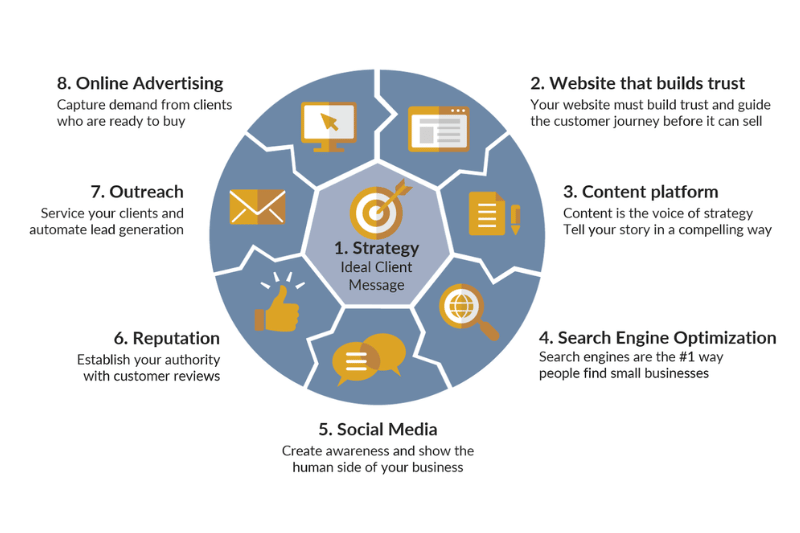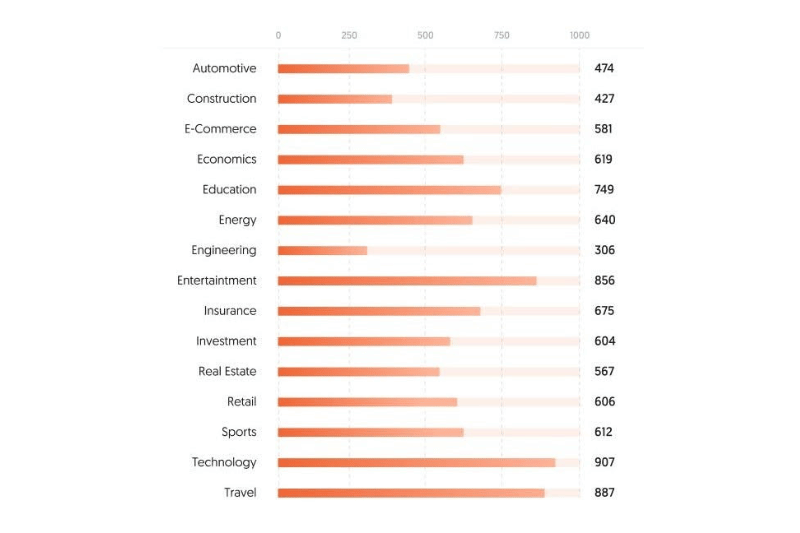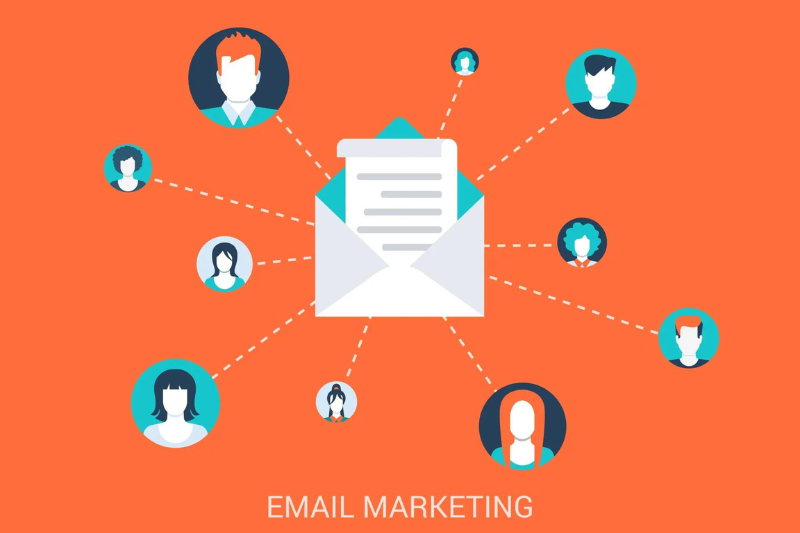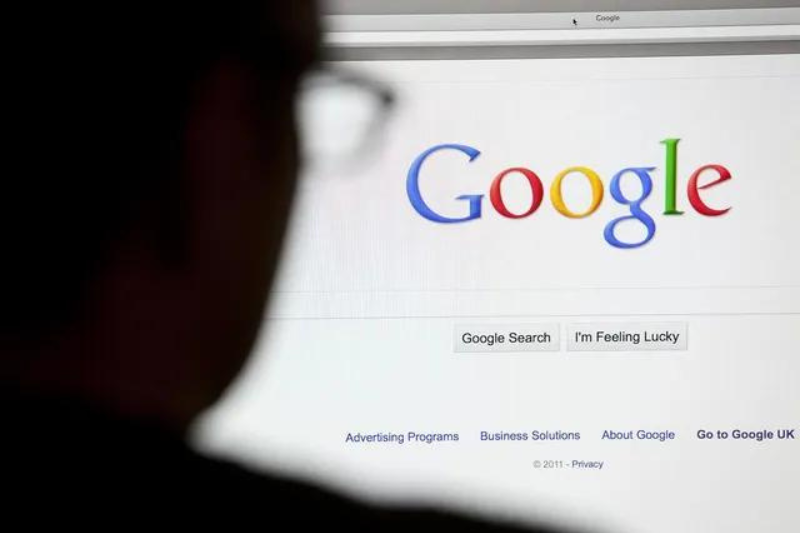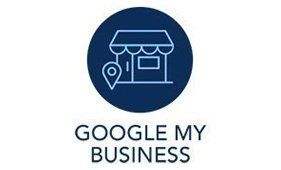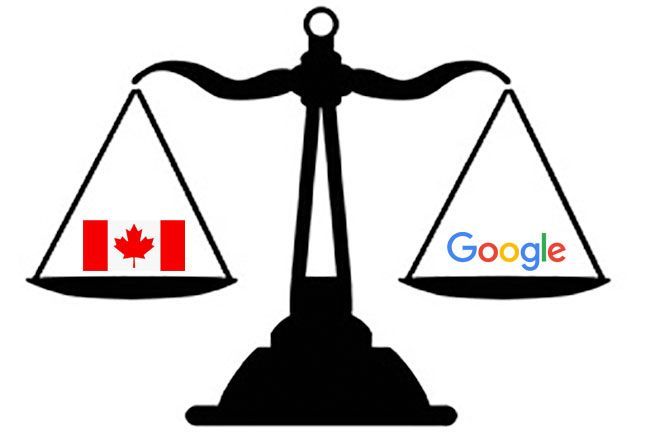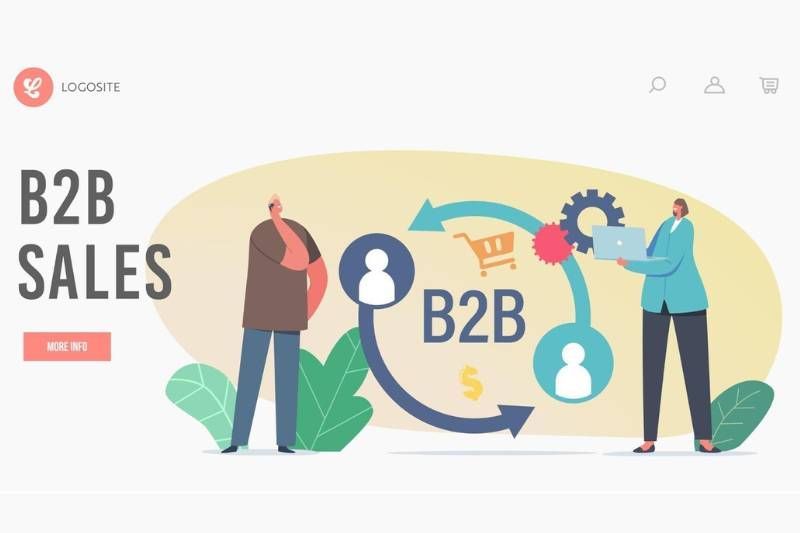What Is PPC and Is It Worth It? Six Things to Know About Pay Per Click Advertising Campaigns
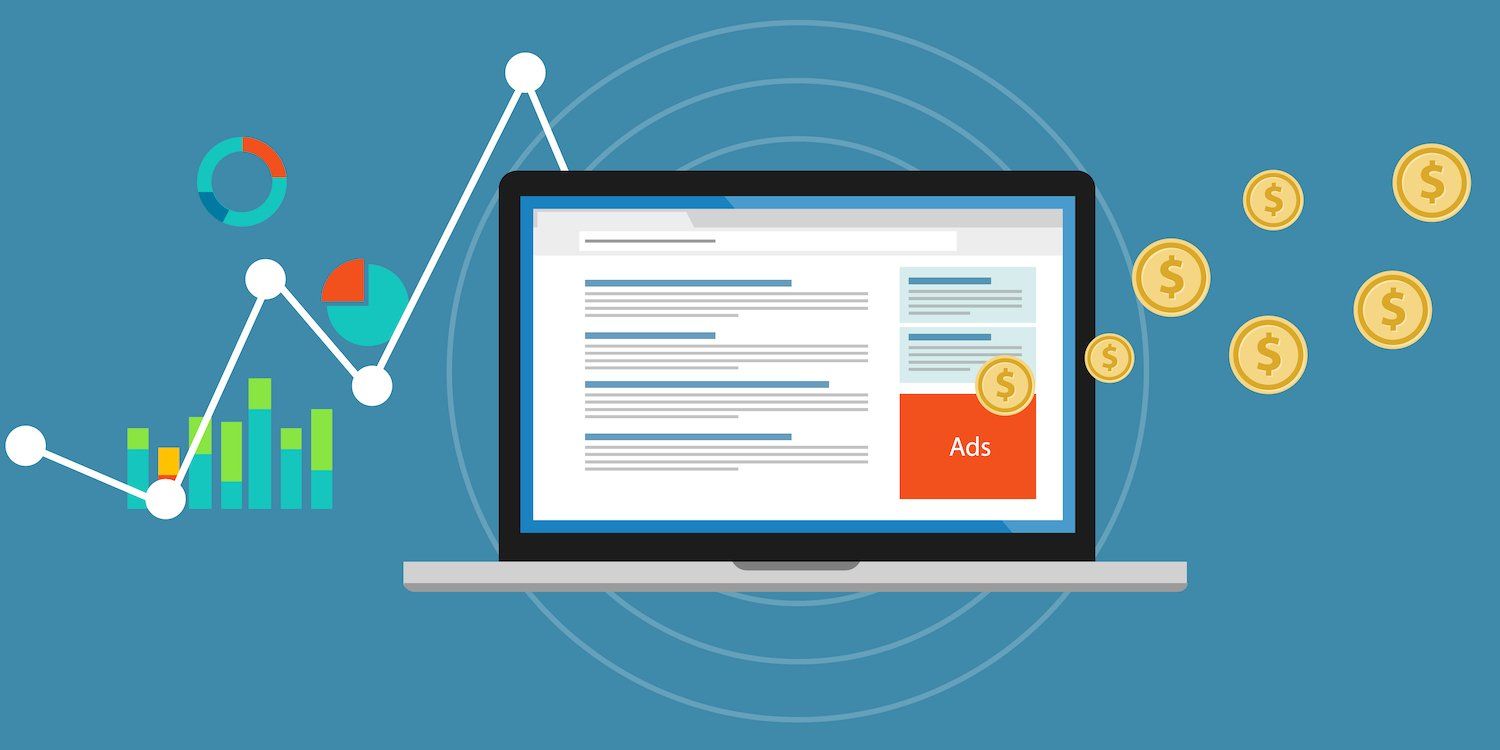
When it first emerged, pay per click (PPC) advertising was one of the most exciting new digital marketing tactics. If you are like most small business owners, you have probably debated the value of conducting pay per click advertising campaigns to grow your revenue and increase your brand awareness. However, when executed by an expert, PPC advertising can be extremely lucrative. Here is what you need to know before you start investing in PPC ads.
What Is PPC?
PPC is a digital advertising model where the advertiser pays a fee every time their ads are clicked. It means paying for targeted visits to your site, landing page, or app. A successful PPC campaign can result in good profits and ultimately can prove to be more valuable to your campaign than what you pay for it.
A PPC ad takes on many forms and can be text, image, or video-based, or it can be a combination of all of these. PPC ads appear on social media platforms, websites, and search engines.
Pay Per Click Advertising Terms You Should Know
Here are a few terms you may come across when you enter the world of paid advertising.
Search engine marketing (SEM):
Any digital ad campaign aims to rank for a specific target keyword. SEM includes paid or unpaid ways to do this on a search engine. PPC isn’t limited to search engines like a Google ad or Bing ad; PPC marketing services can also be used on social media.
Quality Score:
The quality score is given to an ad based on its click through rate. This is then measured against other ads in that same position or ad placement. Many factors come into play when determining the quality score, including keyword relevance, landing page quality, and past SERP performance.
Cost-Per-Click:
Also known as CPC, this is how much an advertiser pays for each ad click. It is similar to an auction; the highest bid will get the best ad placement.
Ad Rank:
The Ad rank value determines where the ad is positioned on the search engine results page.
Ad Groups:
An ad group is a series of ads you create within your ad campaign. These ads are created using related and targeted keywords. There is a CPC for each ad group.
Types of PPC Advertising
Several types of PPC advertising are available to those who want to utilize this kind of campaign. Let’s dive into some of the details of each below.
Search Ads
A search ad is one of the more common types of PPC advertising. A search ad is good for digital marketers just starting with PPC advertising. When you follow through with a search ad campaign, you choose the keywords you want the ad to show up on. Google Ads is then told what ad copy the advertiser wants to use.
You bid on the keywords and get your ad to appear on the SERPs. PPC search ads appear above and below the organic listings. You will know which are paid search ads because you will see the word “Ad” appear next to them in the search results. See our example below.
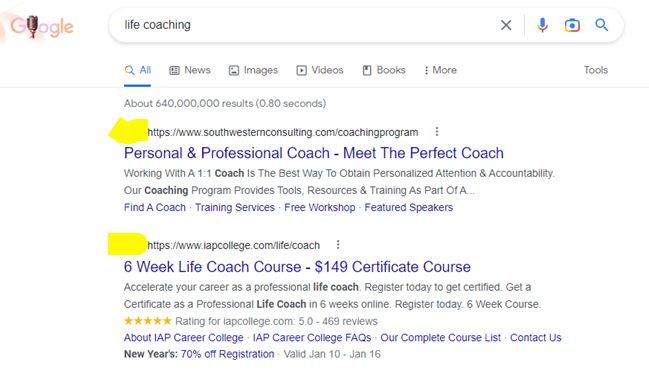
Many advertisers choose to use paid search advertising for their campaigns. Google Ads advertises the business on the search engine. Another way to use paid search ads is through Microsoft Advertising and the Bing search engine.
Display Ads
Display ads are another form of paid advertising that differs from search advertising. With this form of advertising, your ad may appear in front of users currently searching for your products. The ads appear to those who have shown a previous interest in your products or services. Display ads have a lower conversion rate and come at much lower click prices compared to search advertising.
Video Ads
Video ads are another important component of digital marketing. Paid video advertising allows you to get your videos to people unaware of your business, and you do not have to first build an audience. YouTube has over 2 billion monthly active users and is a good place to start your video ad campaign. You can also use Google Ads to show your paid videos on YouTube.
Google Shopping Ads
Google shopping ads have an image of the item you are selling, its price, description, and title. You can create a shopping ad campaign for your eCommerce business if you have products to sell rather than services. This PPC advertising campaign can also prove to be one of the more profitable options, and the conversion rate will be higher than that of a search campaign.
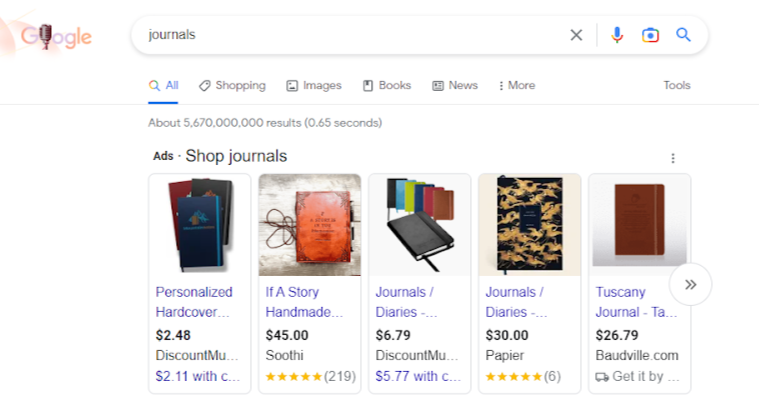
Paid Social Ads
Paid social ads show advertisements to users while browsing social media websites. Several paid social media platforms allow PPC advertising, including Facebook, Instagram, Twitter, Snapchat, and TikTok.
Facebook PPC advertising is one of the easiest ways to get into this ad campaign. Facebook owns Instagram, and the ads on one social media platform will extend to the other. So when you use Facebook ads, adding Instagram to your advertising campaign is easy.
Display Ads
Display ads combine text, images, and a URL linking to a website where a potential customer can learn more about your products in the search results. Display ads can be created in many different formats and can be rich media ads with multiple images, changing text, and video elements. Banner ads are common to advertise products on social media, websites, and apps.
What Are the Best PPC Platforms?
Several platforms offer PPC ads to help you grow your business. Originally, search engines like Google were the only platforms that offered pay per click. However, now there is pay per click options on social media platforms like Facebook and Instagram.
YouTube, which Google also owns, allows you to get more exposure through pay per click. The truth is that platforms are constantly evolving, so the best way to figure out which is right for you depends on the following factors:
- Who are your customers?
- How do your customers search for your products or services online?
- What are your customers interested in?
- Which platform currently offers the highest ROI for time and money spent?
Once you can answer these questions – and perhaps review them with a PPC expert– you’ll be able to hone in on the best platform for your PPC campaigns.
Google Ads
Google Ads is formally known as AdWords. Google can process thousands of search queries each second, allowing you to find relevant keywords that will reach your target audience. However, the keywords in Google Ads will be highly competitive, so you will need to have a higher ad spend for this platform.
Bing Ads
Compared to Google Ads, Bing Ads has a lower CPC and a smaller audience. When it comes to how this platform functions, it is very similar to Google Ads. You bid on the keywords based on traffic volume, and your ad is displayed when the keyword is searched. You will pay Bing each time a visitor clicks on your ad.
Facebook Ads
Facebooks Ads is another popular choice for paid ads because you can target users based on their behaviours, demographic, interests, and locations. Facebook also lets you use native ads that blend into the social feed.
What Social Media Platforms Are Best for Using PPC Ads?
There is a lot of debate about the best social media platforms to use for PPC ads. Again, since social media is constantly changing, you need to pay attention to where your customers are spending their time online and measure it against the ROI of each platform.
Whatever you do, don't underestimate the potential of up-and-coming platforms – cost per click averages are often lower in the initial post-launch phases of newer platforms.
Benefits of PPC
Is pay per click advertising worth it? PPC advertising falls under the umbrella of search engine marketing. With this kind of campaign, the advertiser only pays when there are impressions or clicks. Here are some of the more notable benefits of PPC ads.
- Cost-effective
- Produces fast results
- You can target your ideal audience
- You can test and control the PPC ads you use
- All of the algorithm changes have little to no effect on PPC ads
- You can rank with PPC ads even if you have lower domain ratings
- PPC data helps improve your overall search engine optimization (SEO) strategy
Pay Per Click Ads Offer the Potential for Immediate Returns
If you need new customers and sales now, pay per click is one of the best ways to achieve those goals. One of the hallmarks of PPC ads is the delivery of a steady stream of quick and predictable traffic for a fixed cost. If executed correctly – by somebody with the knowledge and experience to deliver results – you could potentially start getting sales soon after launching a campaign.
PPC Data Improves SEO Strategies
PPC advertising allows you to rank for keywords your target audience is searching for. The paid advertising campaign you use should be complementary to your SEO strategies. It should never be a replacement. You need to understand the user’s search intent for more clicks and greater conversions. PPC data can help, so you only display the most relevant ad for your intended audience.
What Businesses Benefit the Most From PPC Ads?
All businesses can benefit from PPC ads; however, you will need a minimum budget to ensure your ads gain online traction for the best results. You will also need to have an appropriate keyword strategy for your ads.
In general, PPC ads are most effective when targeting potential customers who are in the purchase phase of the buying funnel. Click-to-call ads are a great way to simplify the contact process, and ads that lead directly to forms or purchase pages can be extremely efficient when targeted correctly.
Overall, businesses that use a strategy and lean on the knowledge and experience of PPC experts will generate a great return on investment (ROI) on their campaign budget.
How to Build a PPC Campaign

Here are the steps and other helpful information you should know when building a successful PPC campaign for your business.
Get to Know the Basics of PPC Ads
Pay-per-click advertising is a model of online advertising in which the advertiser pays a fee to a publisher each time their ad is clicked. PPC campaigns enable you to “buy” traffic for your website, which gives quicker results than efforts to “earn” traffic organically. The advantage of PPC advertising is that advertisers only pay when their ads are clicked, but they also gain brand awareness by displaying their ads for free when not clicked.
Remain Patient About Results When First Starting Out
Like anything, it’s important to be patient about the results of your PPC ads. A boost in traffic is essentially a guarantee, but the conversion rates of your ads may require a few tests and tweaks before they reach optimal performance. But as is the case with all marketing tactics, measurement, analysis and constant iteration are vital to the success of your campaigns.
Set Your Parameters
Without parameters in place, you may find that your ads are not as targeted as they could be. Consider who you want to target, the campaign’s theme, how you will measure your success and the type of campaign you want to run.
Create Goals and Track Metrics
Brand awareness is a goal that you will use to display ads. You can measure your brand awareness through social engagement and direct traffic. Another PPC goal is lead generation. You should create a separate landing page for each ad group and track your lead conversions.
If you’re looking to grow your business’ revenue through PPC ads but don’t know where to start, we can help! Contact us to learn more about our digital marketing strategies that can benefit your business and take it further, faster!
Do you have any questions on the above, or would you like to share your experience? Just email ideas@mawazo.ca or call +1 (833) 503-0807.
At Mawazo Marketing we work with owners of B2B companies who want to accelerate their business. We help them with a concrete digital growth plan, a website that saves operational cost, and a digital marketing system that generates leads. For qualifying clients we offer a 5x ROI guarantee: if we don't reach the objective, then we pay back the difference. Book a Free Strategy Session to find out more.
